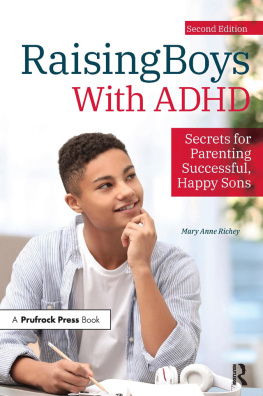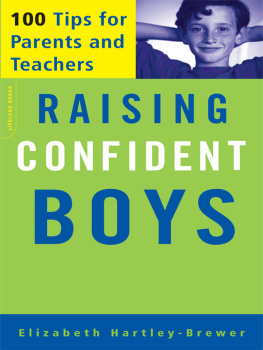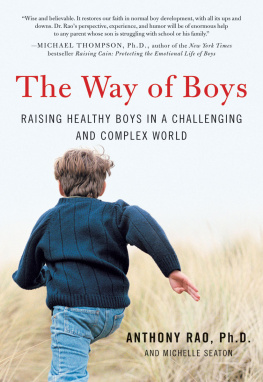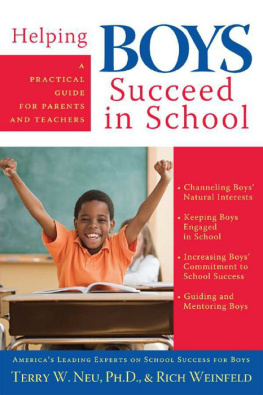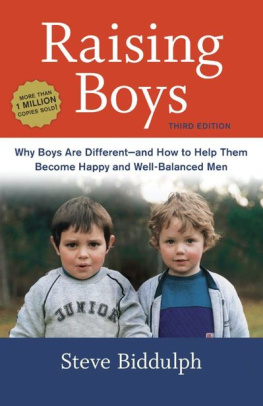
Contents
Underachieving boys? Historically, to a certain degree, it has always been thus. With more girls passing the eleven-plus than boys, moves had to be made to ensure that equal numbers of girls and boys attended grammar schools. So the bar was raised for girls. In the 1970s, concerns that girls were faring less well than boys in maths and science prompted moves to address the issue. These proved largely successful. Many would argue that a move to more coursework than examinations, while not happening for precisely that purpose, ensured that girls would always retain the upper hand across the board. The fact is that the issue of boys underachievement is not going away. We are now armed with a plethora of assessment details and statistics that spell it out loud and clear. Boys continue to be outperformed at the Foundation Stage and have been since assessment at that phase began. Similarly, in all subjects at Key Stage 1, since these tests began, the pattern has been that girls have outperformed boys. At Key Stage 2, boys are only coming out slightly on top in Maths, and a huge gap has begun to appear by this time in English, most notably in writing. Indeed boys writing is something that is engaging everyones attention, from primary schools right through to Year 11. In SATS at Key Stage 3, for the fifteen years that these were taking place, girls had the upper hand in all three subjects, again most notably in English. By the time we get to GCSE, girls are now outperforming boys in every subject, with again the largest gaps in language-based subjects but with equivalent gaps developing in subjects such as Design Technology for similar reasons, a far greater emphasis than ever before is on the written element.
There is no simple, single reason why boys underachieve. At the same time, neither is there a quick fix, not least of all because no two boys are alike. Neither, for that matter, are any two groups of boys alike, although there can be a fair amount of common ground. Over recent years, there has been a debate that has tended to focus on the reason as being either the laddish culture or inappropriate teaching and learning styles. Yes! I say, both of those plus at least 20-odd more. In terms of laddish behaviour, whilst some can be seen as the result of peer pressure, often the behaviour can be a cry for help. If a boy is struggling, often he will throw up a smokescreen as, for him, it is far better to be seen not to be bothered about winning than it is to enter and not win. The fact that the issue is so complex does not, of course, prevent people from often applying what I would consider to be a knee-jerk reaction that can often change what is going on in schools in a negative way, often not only to the detriment of boys but also to the detriment of girls.
Since no two cohorts or even groups of boys are the same, often a distinctly different set of barriers affect different groups. This book will enable you to focus very specifically on the barriers that impact on your boys needs. I believe that a whole-school approach that begins with researching into the precise nature of the problem in this way needs to be followed by raising the awareness of the issues across the whole school. I believe that, in developing a project to help raise boys achievement, it is vital that the whole-school community actively engages with the issues and understands that whatever is to be done to address the attitude, behaviour and, subsequently, the performance of boys will also have massive, positive effects on the girls. Anyone in any doubt might be asked to consider who it is in their class who provides the greatest challenges and takes up most of their time. The development of strategies and the subsequent monitoring of their successes, of course, follow the raising awareness stage. Again, it is hoped that many of the tried and tested strategies touched upon here may be useful in your context. A common theme through many of them is an emphasis on how we might in our work simultaneously focus on what I call a caring masculinity in the hope that in our work we always have, as a significant part of our focus, the need to turn out decent young men.
All of the barriers are expanded upon in greater detail, with additional practical approaches, in Breaking through Barriers to Boys Achievement, but I hope that you will find this slim volume either a useful and practical introduction or indeed a useful additional resource.
Good luck!
Gary Wilson

You could argue that the ability of many boys to meet coursework deadlines in Year 11 originates way back in their educational experience. Many Reception and Nursery teachers tell stories of boys, standing helplessly in the cloakroom at the end of the day, arms stretched out by their sides waiting to have their coats put on. They tell of many boys frequently sitting on the benches in the cloakrooms after PE while girls get them dressed, doing up their shirt buttons and fastening their shoelaces. By doing everything for boys, we are clearly hampering their abilities to become independently functioning human beings, let alone independent learners.
One headteacher relates how, when conducting a teaching and learning questionnaire with 9 and 10 year olds, she was amazed at the replies to one question in particular: Who is responsible for your learning? Twenty-eight girls and 40 boys were included in the survey. In response, all 28 girls wrote I am or me. How many of the boys? All? Half? Ten? Less than ten? The answer was none. Not one of them. All of them put their teacher or their headteacher or their parents. On numerous occasions I have shared these findings at parents evenings, and they laugh! Ah well, boys eh! What do you expect? Bless them! Then I turn on them But its your fault! Clearly there is a great need to communicate to parents the relationship between developing independence, and becoming an independent and effective learner at any age, but preferably by starting when they are very young. Home visits can play a tremendous part meetings in school can help parents see that there are common issues and often things they can learn from each other.
Barriers to boys achievement begin pre-school and in the early years of schooling. This section highlights the issues and provides you with ideas to communicate to parents about helping to develop independence and early literacy. Also contained here are classroom strategies to help overcome problems with early literacy development.

Life-sized cut-out boy and girl with speech bubbles can be usefully employed outside Early Years classrooms.
I can fasten my own laces Ben
I remember my bag for school without being reminded Sam
I can help prepare for snack time Matthew
Parents can be encouraged to add speech bubbles themselves from a bank of at home balloons.
I can keep my room tidy Ben
I help prepare meals at home Sam
Pupils can also be given certificates matching their achievements to display at home.
Independence skills
Start with a limited number of tasks and then slowly increase the number. For example:
Do you encourage your son to help around the house?
If not, then begin by getting him to sort washing into colours, socks into pairs and so on.
Do you encourage him to dress himself?




